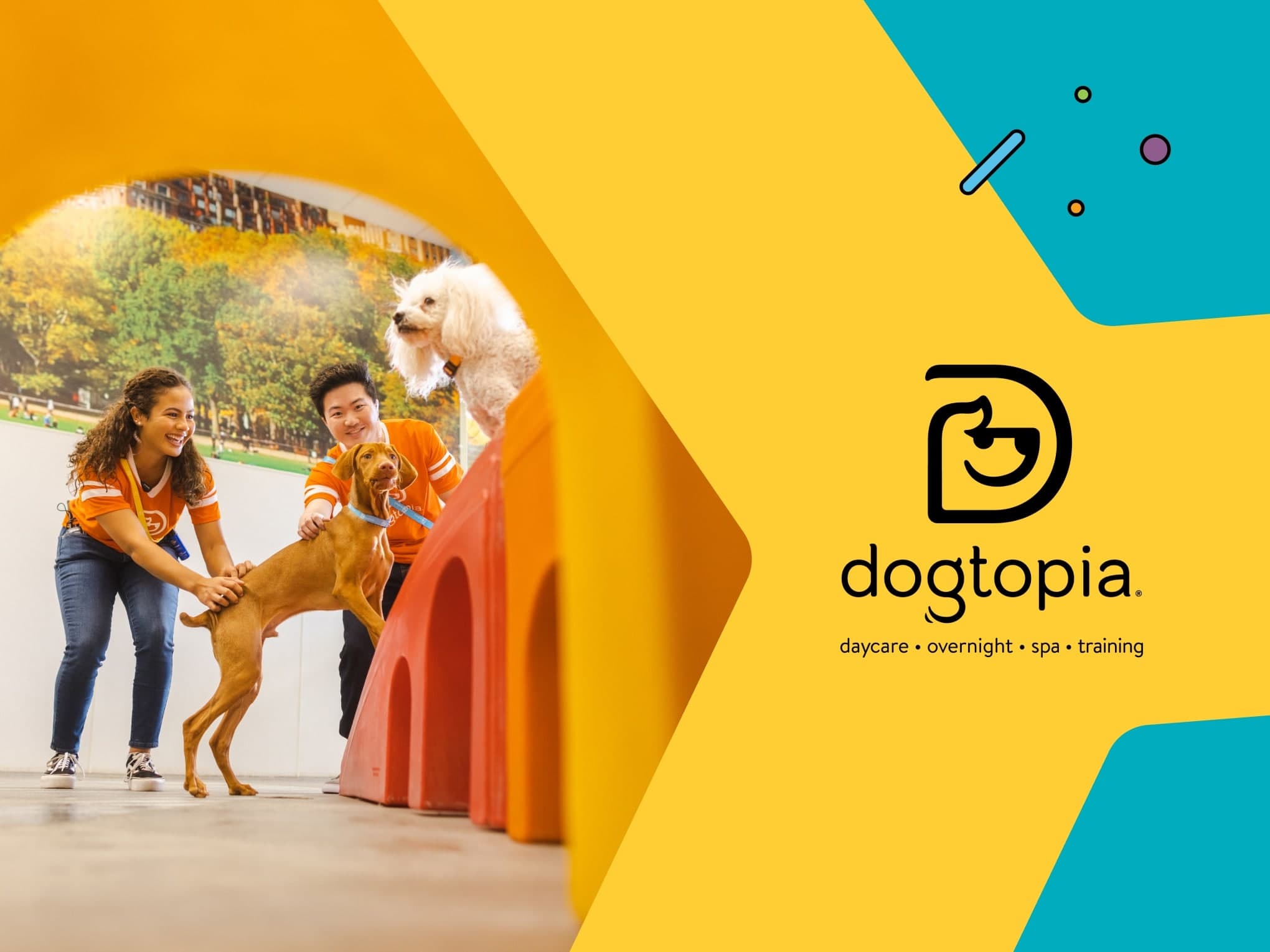Toys are important parts of your dog’s life. They provide enrichment, exercise, an outlet for teething, and—most importantly—fun! But dog toys can also pose potential safety hazards. Keep your dog safe and avoid potential injuries with these dog toy safety tips.
General dog toy safety tips
- Always inspect new toys before giving them to your dog. Make sure you remove any strings, plastic eyes, or other parts that could be torn off and ingested.
- Supervise your dog when playing with a new toy.
- Throw toys away when they start to fall apart. Loose pieces—including the stuffing inside soft toys—can become a choking hazard if swallowed.
- Make sure the toy is the right size for your dog. If it’s too small, it’s a potential choking hazard.
- Clean toys regularly with soap and water to prevent bacterial buildup.
Safety considerations for common dog toys
There’s no need to stop playing with certain toys altogether, but make sure you supervise your dog with these toys and keep an eye out for any of the following health risks.
What chew toys are safe for dogs?
Choking hazards are the main concern with any chew toy. If the material is brittle, it can break easily, and any resulting pieces can be dangerous.
Beware of rawhide chews, and avoid them especially if your dog is a strong chewer. Rawhides are meant to be long-lasting chews, but strong chewers are typically able to break off large chunks that can become a choking hazard or cause an intestinal blockage. Both of these events can be life threatening for your dog.
Hard nylon chew toys, like Nylabone, and toys made from hard plastic can damage your dog’s teeth. Nylon chew toys can also pose a risk if swallowed. You can test a chew toy’s safety by pressing on it with your fingernail. If you can’t make an indentation with your nail, then the toy is too hard for your dog’s teeth.
Generally, chew toys made from durable rubber are a safer choice for dogs, because they are not likely to fragment into smaller pieces that can be swallowed. A favorite of dog owners and dogs alike, veterinarians often recommend KONG rubber dog toys for their safety and durability.
Embark staff and their dogs love these chew toys:
- KONG Extreme Ball: This virtually indestructible toy is perfect for chewing or for games of fetch.
- JW Pet Hol-ee Roller Dog Toy: Designed to stand up to tough chewers, this lightweight ball is easy to grip and can be used for fetch, independent play, or even as a puzzle toy.
Are plush toys safe for dogs?
While plush toys are soft and cuddly, they are also easily shredded. If your dog goes through plush toys relatively quickly, keep an eye out to make sure they don’t eat any pieces of stuffing. If ingested, the fluff inside these toys can cause intestinal blockages and other digestive issues.
Are squeaky toys safe for dogs?
Some dogs are determined to find the source of the squeak within a toy. Not every squeaky toy contains the traditional plastic squeaker, but for those that do, they can become a choking hazard or cause other digestive issues if swallowed. As always, monitor your dog with squeaky toys, especially if it’s their first time playing with a new toy.
Are tennis balls safe for dogs?
Tennis balls are a classic fetch toy, but their rough surface can act like sandpaper and wear down your dog’s teeth. Sand or other particles trapped in the fuzz on the surface of the tennis ball can make it even more abrasive. This wear and tear can eventually lead to dental problems, such as exposed tooth pulp and difficulty chewing.
Always supervise your dog with tennis balls, and discard tennis balls if they are chewed up. Talk to your veterinarian if you notice excessive wear on their teeth or tooth fractures, as they can cause significant pain and severe dental infections.
Alternate tennis ball games with softer toys to give your dog’s teeth a break. You can also use a rubber ball instead of a tennis ball, which is more durable and gentler on your dog’s mouth. Make sure that any ball your dog plays with is the right size for their mouth.
Instead of a tennis ball, try one of these fetch toys that Embark staff and their dogs love:
- Chuckit! Kick Fetch Ball: This durable ball can withstand all outdoor environments, from grassy fields to sandy beaches.
- KONG Puppy Flyer: This toy is great for fetch and is made from pliable material that is gentle on puppy teeth.
Are rope toys safe for dogs?
Rope toys, like those made for tug-of-war games, can be dangerous for dogs. When these toys fray, strands of rope or string can be swallowed and get stuck in your dog’s digestive tract—what veterinarians call a “linear foreign body.” This type of obstruction can make your dog’s intestines bunch up, causing life-threatening damage. Removing these objects requires surgery.
Instead, try tug-of-war toys that are made from material other than rope. Look for durable material that isn’t easy to shred and that isn’t so hard that it damages your dog’s teeth. Toys made from dense rubber that you can bend with your hands are a good alternative.
The benefits of playing with dog toys
Puzzle toys and other brain games can keep your dog entertained while providing mental stimulation. Because dogs tend to be more interested in toys when they’re new, the American Kennel Club advises that you put each toy away once in a while. Rotating through various toys can help your dog stay engaged and keep playtime interesting.
Of course, dogs often prefer any toy that involves you. Interactive play not only helps you and your dog bond, but also supports your dog’s behavioral health.
















